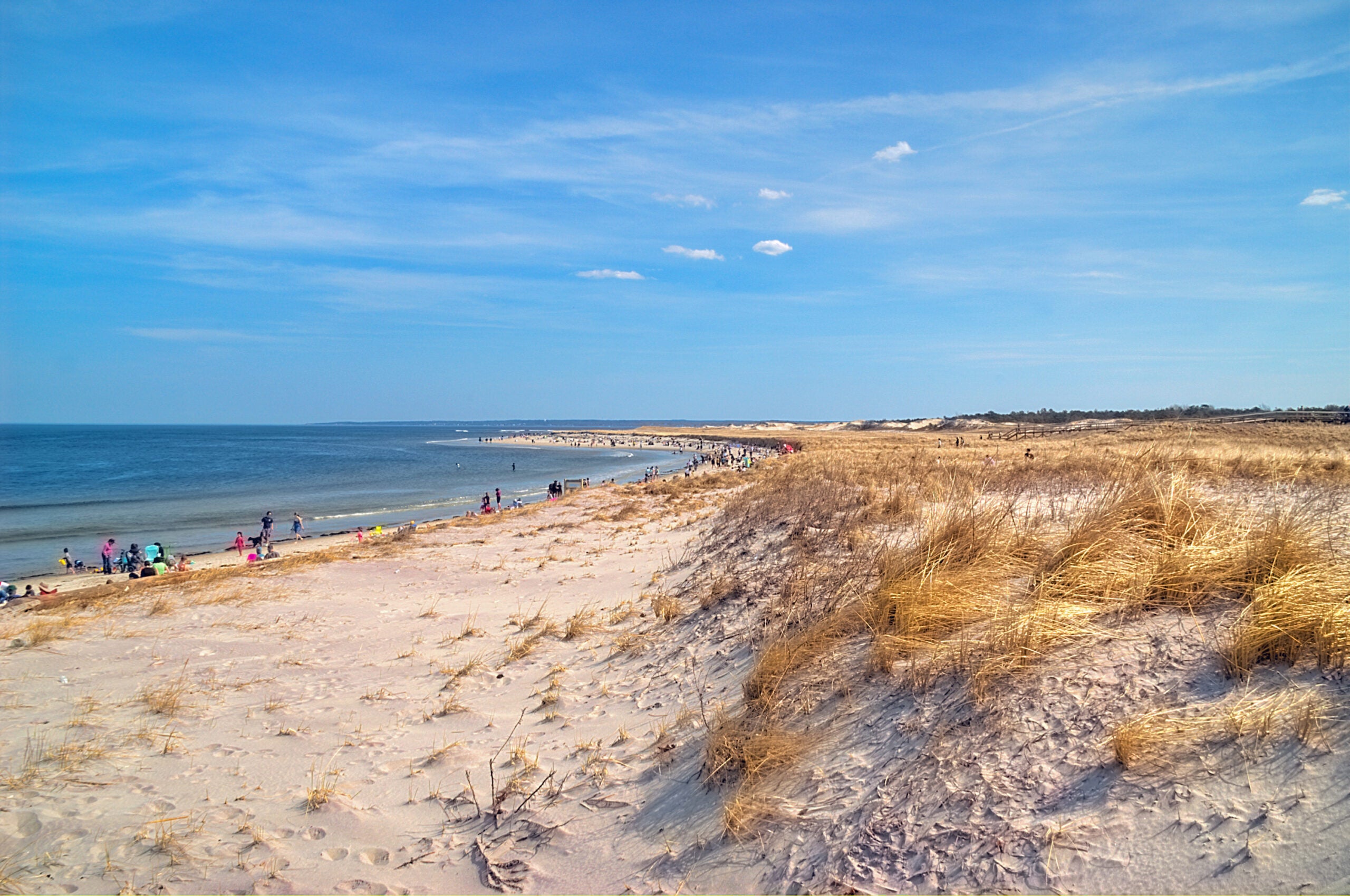Environmental Factors Contributing to Beach Closures: Massachusetts Beaches Closed

Massachusetts beaches closed – Massachusetts beaches are renowned for their natural beauty and recreational opportunities. However, the safety and enjoyment of these beaches can be compromised by various environmental factors that necessitate closures.
Water quality issues pose a significant threat to beachgoers. Bacterial contamination from sewage overflows, stormwater runoff, and agricultural activities can lead to elevated levels of bacteria in the water, increasing the risk of gastrointestinal illnesses, skin infections, and other health problems. To ensure the safety of swimmers, beaches are closed when water quality monitoring indicates unacceptable levels of bacteria.
Harmful Algal Blooms
Harmful algal blooms (HABs) are another environmental concern that can lead to beach closures. These blooms occur when certain types of algae rapidly multiply, forming dense concentrations that can produce toxins. HABs can cause a range of health issues, including respiratory irritation, skin rashes, and neurological problems. Beaches are closed when HABs are detected to prevent exposure to these harmful toxins.
Erosion, Massachusetts beaches closed
Coastal erosion is a natural process that can be exacerbated by storms and rising sea levels. Erosion can damage beach infrastructure, such as dunes and seawalls, and reduce the amount of sandy beach available for recreation. In severe cases, erosion can threaten coastal property and necessitate beach closures for safety reasons.
To address these environmental issues and protect the safety of beachgoers, various measures are being taken. Water quality monitoring programs are implemented to detect and respond to contamination events. Sewage treatment plants are upgraded to reduce the discharge of bacteria into coastal waters. Stormwater management practices are employed to control runoff and prevent pollutants from entering the ocean.
HABs are monitored regularly, and beaches are closed when blooms are detected. Research is ongoing to develop new technologies for detecting and mitigating HABs. Coastal erosion is managed through beach nourishment projects, which involve replenishing sand on eroding beaches, and the construction of seawalls and other protective structures.
The closure of Massachusetts beaches, a testament to the ongoing pandemic, serves as a stark reminder of the insidious nature of COVID-19. As we navigate the complexities of the virus, it’s crucial to stay informed about its evolving symptoms. Learn more about the telltale signs of “COVID-19 flirt symptoms” at amberlennoxas.bestiste.com/covid-19-flirt-symptoms/.
Knowledge is power in the fight against this invisible enemy, and as we remain vigilant, the day when our beaches reopen will be a beacon of hope and resilience.
Massachusetts beaches closed due to a harmful algae bloom, a stark reminder of the impact of climate change. As the world grapples with environmental challenges, countries like Greece are implementing innovative solutions. Their recent adoption of a six-day working week aims to improve work-life balance and reduce carbon emissions.
Despite the closures, Massachusetts beaches remain a symbol of the resilience of nature and the importance of protecting our environment.